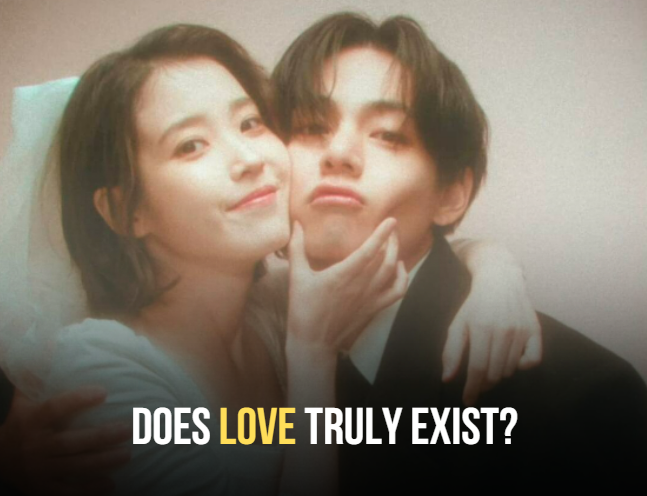
Love, a term encompassing various forms of affection and emotional attachment, has long been regarded as a cornerstone of human existence. It symbolizes the positive sentiments individuals harbor towards their surroundings, be it friendships, familial bonds, religious devotion, or other manifestations of adoration. However, amidst the romanticized notions of love lies a deeper inquiry into its essence and significance.
At its core, love is often hailed as a divine gift, bestowing purpose upon human lives and elevating existence to new heights. Yet, such idealized portrayals prompt skepticism among some, myself included, who question whether love truly lives up to its lofty reputation.
The Dual Nature of Love: Balancing Reality and Romance
Contrary to popular belief, the reality of love may not always mirror its idealized depiction. Rather than an inherently beautiful and transcendent force, love can be viewed as an evolutionary construct, designed to enhance human reproductive success and alleviate the burden of solitude. From a scientific standpoint, love may not be indispensable for the progression of species; however, its role in fostering emotional resilience and social cohesion cannot be overstated.
In the contemporary era, characterized by unprecedented stability and advancement, love finds its expression across various artistic mediums, from literature and cinema to music and visual arts. Yet, the romanticization of love often leads to exaggerated expectations and distorted perceptions, blurring the line between reality and fantasy.
In the realm of romantic relationships, love initiates a cycle of emotions that oscillate between euphoria and despair. Initially, love sparks feelings of joy and excitement, fueling anticipation and mutual celebration. However, as relationships progress, doubts and insecurities may emerge, giving rise to feelings of betrayal and resentment. This dichotomy of emotions, while intrinsic to the human experience, underscores the complexities inherent in romantic love.
Furthermore, the institution of marriage, often seen as the culmination of romantic love, introduces a myriad of challenges. While parenthood is celebrated as a sacred duty, the realities of child-rearing are often overshadowed by the arduous demands it entails. Similarly, the strains of marital discord, exacerbated by unmet expectations and emotional disillusionment, cast a shadow over the sanctity of love.
In essence, love embodies a paradoxical duality, characterized by moments of transcendent bliss and profound anguish. Despite its inherent complexities, the allure of love persists, captivating hearts and minds with its tantalizing promise of fulfillment. As sentient beings endowed with intellect and emotion, we are inexorably drawn to the enigmatic allure of love, embracing its intricacies even in the face of uncertainty.
Ultimately, while the existence of love may be subject to interpretation, its enduring allure continues to captivate the human spirit, beckoning us to explore its depths and embrace its complexities.
